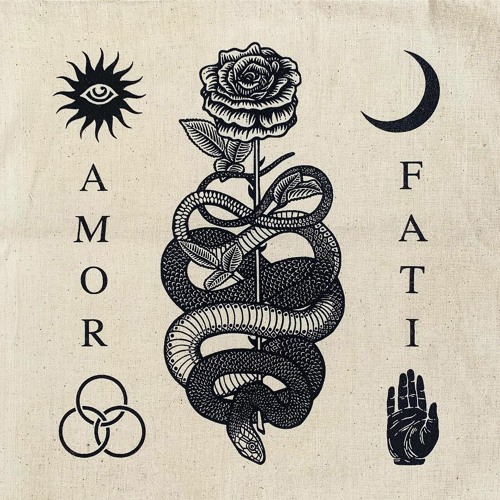Amor fati is a Latin phrase that may be translated as “love of fate” or “love of one’s fate”. It is used to describe an attitude in which one sees everything that happens in one’s life, including suffering and loss, as good or, at the very least, necessary.[1]
Amor fati is often associated with what Friedrich Nietzsche called “eternal recurrence“, the idea that, over an infinite period of time, everything recurs infinitely. From this he developed a desire to be willing to live exactly the same life over and over for all eternity (“…long for nothing more fervently than this ultimate eternal confirmation and seal”).
Nietzsche’s love of fate naturally leads him to confront the reality of suffering in a radical way. For to love that which is necessary demands not only that we love the bad along with the good, but that we view the two as inextricably linked. In section 3 of the preface of The Gay Science, he writes:
“Only great pain is the ultimate liberator of the spirit….I doubt that such pain makes us ‘better’; but I know that it makes us more profound.”
Nietzsche does not promote suffering as a good in itself, but rather as a precondition for good. A ‘single moment’ of good justifies an eternity of bad, but one extreme cannot have meaning without the other. In Will to Power, he writes:
“For nothing is self-sufficient, neither in us ourselves nor in things; and if our soul has trembled with happiness and sounded like a harp string just once, all eternity was needed to produce this one event—and in this single moment of affirmation all eternity was called good, redeemed, justified, and affirmed.”






